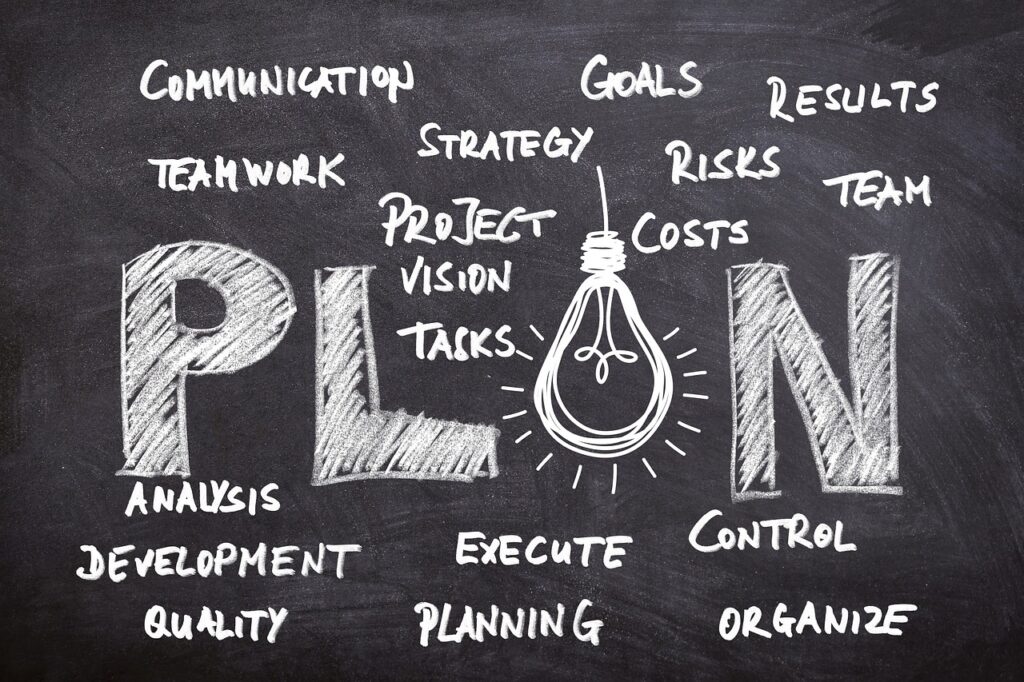Career gap
A career gap is a time frame during which a person takes a break from their professional work or pauses their career advancement. It could be due to a variety of factors like work commitments, health problems, more education, travel, or even introspection.
People often take a break from their normal jobs or job duties during a career gap to concentrate on other elements of their lives. Depending on the person’s circumstances and ambitions, the length of a professional gap might range greatly, from a few months to several years.
Various professional gaps can occur for a variety of reasons, including:
Voluntary Career Gap:
This occurs when people freely decide to take time away from their employment to pursue personal interests, pursue personal growth, or investigate new prospects. It could entail undertaking ventures like traveling, starting a business, or taking a break.
Involuntary professional Gap:
In some cases, people may go through an involuntary professional gap because of events that are beyond their control. This could involve being laid off, having your company downsize, or going through a lengthy job search. Even if they are unavoidable, these gaps still present a chance for skill improvement and personal development.

The following are a few advantages that may result from a career gap:
Personal Development:
A career hiatus might offer a special chance to advance personally. It enables an individual to take a step back from the daily grind and consider their values, objectives, and aspirations. This self-reflection can help one gain a deeper awareness of who they are and what matters to them most, enabling them to match their job choices with their interests and moral principles.
Skill Enhancement:
During a career lull, one might find the time to learn new talents or improve their current ones. This could be done by taking online classes, attending workshops, volunteering, or working on a passion project. When a person reenters the workforce, they can increase their marketability and broaden their professional horizons by investing in skill development.
Broadened Perspectives:
Taking a career break can open up new opportunities and viewpoints. These varied experiences, whether he or she travels, participates in volunteer work, or works on personal projects, can broaden their perspective on the world and improve their creativity and problem-solving skills. In any professional context, having a wider viewpoint may be quite helpful.
Work-Life Balance:
A professional pause can also be a chance to reevaluate the work-life balance. It enables a person to put a higher priority on taking care of themselves, spending more time with loved ones, and engaging in hobbies. When they decide to go back to work, having a healthy work-life balance can boost their happiness and well-being, which will have a favorable effect on their professional lives.
Refocused and Reignited Motivation:
On occasion, taking a professional break can help people rediscover their enthusiasm for their current line of work or perhaps lead them down an entirely new career route. People can find the space they need to reevaluate their professional objectives, refocus their priorities, and find new inspiration by taking a step back. One might discover that he or she is more driven and attentive when he or she gets back to work, prepared to take on fresh tasks with increased vigor.
A career pause presents a chance for development and self-awareness rather than a setback.
Accept this opportunity to invest in yourself and provide a stronger basis for your future job endeavors.

Negative effects:
Skill Decay:
There is a possibility that people’s talents will become obsolete, depending on the length of the career gap and the sector they work in. It’s essential to stay current because of the quick changes in both technology and business practices. Employers can be concerned that they lost some of their talent while an individual was away from the office.
Knowledge Gap:
Similarly, when a person was on a career break, there might have been significant developments or changes within their field. This knowledge gap could put a person at a disadvantage in terms of competing with other candidates who have been actively working and staying current.
Career Progression:
A career gap can impact the ability to progress in a career. Employers may view candidates with a continuous work history as more reliable and dedicated. This perception could affect the chances of landing promotions or advancing within an organization.
Financial Consequences:
Taking a professional hiatus frequently results in a brief loss of income. The long-term financial effects of this may include lower retirement savings and a possible setback in achieving financial objectives.
Confidence and Networking:
Prolonged absences from the workforce might occasionally cause one’s confidence to decline and make it more difficult to re-enter the workforce. During a career break, it can also be harder to retain professional relationships and networking opportunities, which may restrict access to job opportunities. It’s crucial to keep in mind, nonetheless, that professional gaps are not insurmountable barriers. These negative consequences can be lessened by following industry trends, obtaining necessary qualifications, attending relevant courses, volunteering, freelancing, or taking up part-time work during the void.
Wrap-up
A career pause can be viewed as an opportunity for growth, personal development, and acquiring priceless experiences. It’s crucial to approach it with a positive outlook and to concentrate on the abilities and knowledge you picked up over that period.
When filling a career gap, put a focus on any pertinent activities, like volunteering, freelancing, or additional schooling, that helped you stay active and knowledgeable in your field.
Emphasize how you were able to grow professionally, develop your network, or adopt new perspectives as a result of the gap. Employers value adaptability, self-motivation, and a willingness to learn; thus, demonstrating your improvement during the career gap might be advantageous in your job search.
